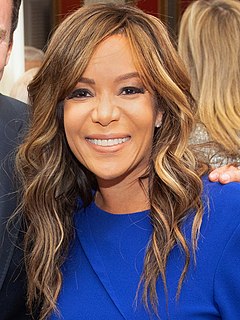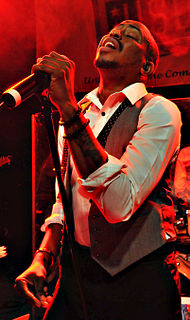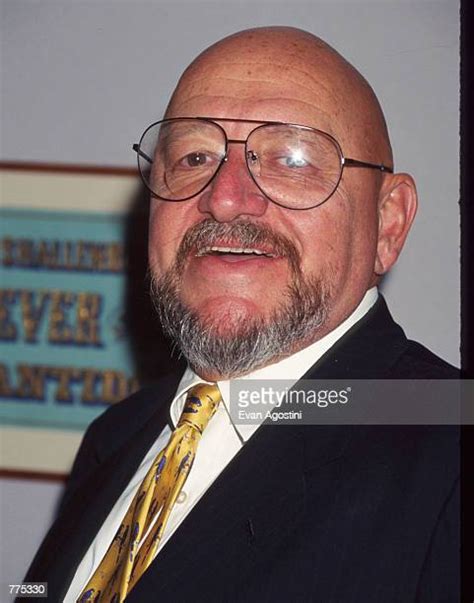A Quote by Kimberle Williams Crenshaw
What many people, I think, don't really understand is how much their rights really turn on the interpretation of the Supreme Court.
Quote Topics
Related Quotes
In fact, Native American Rights Fund has a project called the Supreme Court Project. And quite frankly, it's focused on trying to keep cases out of the Supreme Court. This Supreme Court, Justice Roberts is actually, hard to believe, was probably worse than the Rehnquist Court. If you look at the few decisions that it's issued.
Class warfare always sounds good. Taking action against the rich and the powerful and making 'em pay for what they do, it always sounds good. But that's not the job of the Supreme Court. The Supreme Court standing on the side of the American people? The Supreme Court adjudicates the law. The Supreme Court determines the constitutionality of things and other things. The Supreme Court's gotten way out of focus, in my opinion.
There are rights that Hillary Clinton doesn't like. American people have too many rights. There's too much freedom. Government doesn't have enough rights, in her mind. Government's too limited. The Constitution limits the government way, way, way too much. "And I feel strongly that" - fake smile - "the Supreme Court needs to stand on the side of the American people." Not on the side of the powerful corporations and the wealthy.
The notion that the Supreme Court comes up with the ruling and that automatically subjects the two other branches to following it defies everything there is about the three equal branches of government. The Supreme Court is not the supreme branch. And for God's sake, it isn't the Supreme Being. It is the Supreme Court.
It's not a matter of how much you know or can define, or how many millions of mantras or thousands of prostrations you have done, or how many months of wangs you've attended. The important thing is whether or not the mind is really changing, whether our negative emotions are really coming under control, whether we are really beginning to understand ourselves, whether our mind is really improving, and whether in our hearts there is genuine love and caring for other people.
I’ve chosen not to challenge the rule of law, because in our system there really is no intermediate step between a Supreme Court decision and violent revolution. When the Supreme Court makes a decision, no matter how strongly one disagrees with it, one faces a choice –are we, in John Adams’ phrase, a nation of laws, or is it a contest made on raw power?
I feel that at this point in our country's history, it is important that we not reverse marriage equality, that we not reverse Roe v. Wade, that we stand up against Citizens United, we stand up for the rights of people in the workplace, that we stand up and basically say: The Supreme Court should represent all of us. That's how I see the court, and the kind of people that I would be looking to nominate to the court would be in the great tradition of standing up to the powerful, standing up on behalf of our rights as Americans.
I grew up in Brooklyn, N.Y., and I'm a great believer that you can't have too conservative a President nor too liberal a Supreme Court. So I'm a walking contradiction. I believe that you should try to really protect people's rights in every way, and also, people should be allowed to do what they do.
The very purpose of the Bill of Rights and the Constitution is to protect minority rights against majority voters. Every court decision that strikes down discriminatory legislation, including past Supreme Court decisions, affirming the fundamental rights to marry the person you love, overrules a majority decision.
I want to appoint Supreme Court justices who understand the way the world really works, who have real-life experience, who have not just been in a big law firm and maybe clerked for a judge and then gotten on the bench, but, you know, maybe they tried some more cases, they actually understand what people are up against.



































